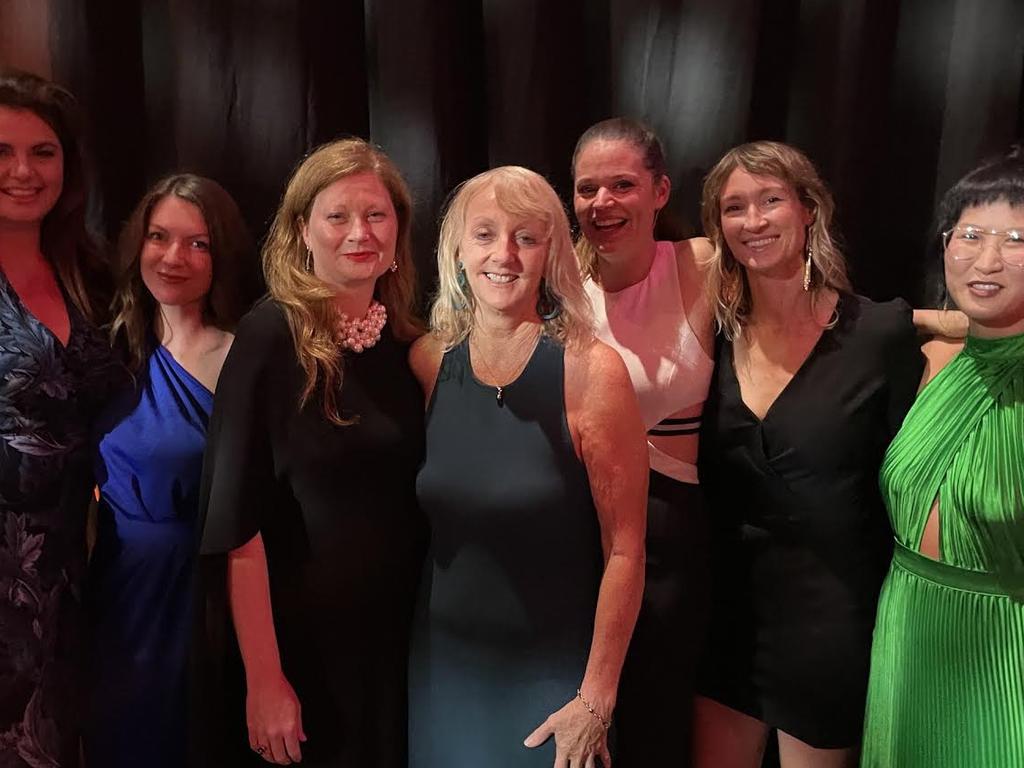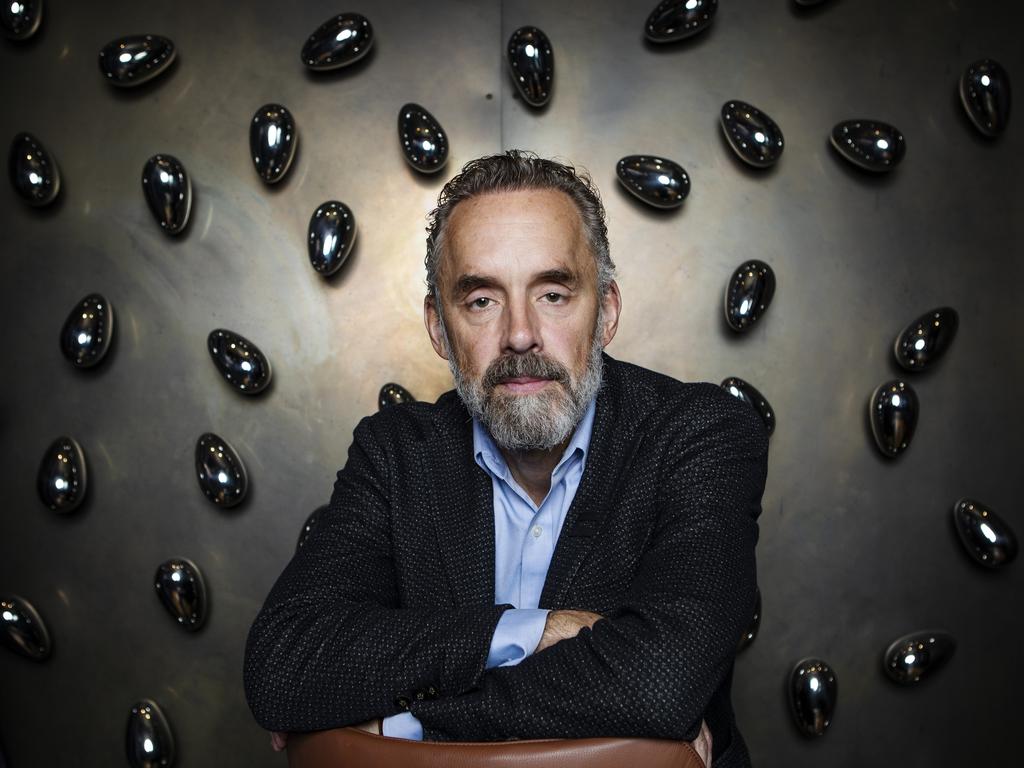Outrage idiocy takes root in unexpected field


As the ABC reported last week, the International Congress on Plant Molecular Biology (IPMB) is the latest institution to be indicted. A single tweet from that organisation has put in doubt its ability to host an international conference in Cairns this October as planned.
This ad is about to appear in the @ASPB newsletter. Here are our 10 headline speakers and chairs of our 84 concurrent (4 talks) sessions. So all up 346 talks at #IPMB2022! See https://t.co/1scMZVcK7S. More speakers annouced soon!
— International Congress on Plant Molecular Biology (@IPMBcongress) January 27, 2022
Download the ad as PDF: https://t.co/uzxXClE0E9pic.twitter.com/dMMWzisOQR
Specifically, it concerns IPMB conference committee chair, plant biochemist, and Curtin University professor Josh Mylne, who has been meticulously planning the conference for over four years. In January, the IPMB tweeted a collage of 94 images of headline speakers and session chairs.
“We had one of the best gender balances I’d seen, career-stage diversity with younger and older scientists, so much different science — more than ever before — chairs from all around the world, including for the first time Africa and India,” Mylne later reflected.
But he was bemused when replies to this tweet alleged under-representation of black American, South American, and Africans. When one person angrily tweeted “International and no Africans!” he replied, “Look harder”.
That was it. Not “Look harder next time before you make a goose of yourself” or “It’s not my fault you don’t have the intelligence to think before you tweet”. Nevertheless Mylne’s response angered the critics, who accused him of being “disrespectful”. His deletion of the tweet the next day only made matters worse, prompting accusations the organisation was attempting to forestall discussions about diversity.
In fairness to the critics, I too identified diversity shortfalls in the collage concerned. It did not appear the Asháninka people of Peru were represented nor the Uriankhai Mongols for that matter. Neither did I spot a single Sentinelese botanist of the Andaman Islands but given that tribe’s habit of throwing spears and shooting arrows at outsiders, I assumed an invitation would have been problematic.
Within a few days, IPMB officially responded. The script – well, I hardly need detail it – is depressingly familiar. “This experience has been a wakeup call and we have listened,” the release read. Pledging “to do better with respect to diversity, equity and inclusion,” and effect “structural change” to end discrimination and promote inclusion, the organisation declared it was “deeply sorry” for its “initial and poorly conceived responses from leadership”.
But even this was not enough to appease the screechers. Five days after the IPMB’s capitulation, the American Society of Plant Biologists announced it was withdrawing support for the Congress. “ASPB has an obligation to advocate not only for plant science, but also for plant scientists,” the board declared. “We are not fulfilling our obligations to the latter if we stand by as members from groups that have been historically marginalised continue to face exclusionary practices, taunting, and harassment from others in the community.”

According to APSB president-elect Gustavo MacIntosh, one of the main reasons for the decision was a private email sent from the Congress leadership team to an APSB member which implied, as the ABC reported, “that it was up to people of colour to fix any problem with the diversity of speakers”.
“Again it’s not understanding the problem, and then compounding the problem, by just keeping the same attitude that is aggressive towards a person of colour,” said MacIntosh, although he later conceded this was a perception only. “Is the person that did it trying to be aggressive? I don’t know,” he said. So why go the nuclear option?
Revealingly, MacIntosh also conceded the accusations that the Congress did not provide a diverse field of speakers had not been substantiated. “The criticisms could have been valid or not, but independent of this, the problem we have is what happened afterwards,” he said.
And there’s the rub with identity politics. Racism as well as other prejudices are alleged ad nauseam, but they are secondary to the real issue, which is the urge to dominate the mainstream through virtue bullying. Its practitioners are often indifferent to actual racism but highly attuned to the threat posed by those who challenge their narrative. As we see in this case, the Congress’s cardinal sin was not the collage poster but its chair’s refuting the accusations that the conference lacked diversity.
But kudos must go to Diversity Council of Australia CEO Lisa Anesse for her woke confounding of this incident. As the ABC reported, she maintains Australia “is lagging behind countries like the US when it comes to talking about race”.
“We’ve raised generations of Australians without race-based language and without an understanding of how to have conversations about race,” she said. And how did this reticence come about? According to her, it is the “shame of the White Australia policy”.
Never mind that the last vestiges of that policy were abolished nearly 50 years ago. As for the absence of race-based language or the disinclination to obsess about race, who aside from the grievance industry regards that as a bad thing?
Spare a thought for poor Mylne, who hopes to salvage the conference by holding it next year instead. “We can and will do better,” he said.
But you have done nothing wrong, professor. If the aggrieved ASPB members do attend, you should treat them politely and acknowledge the importance of Black Lives Matter activism. And then you should immediately go on to talk about delicate petals and other native flora. “That reminds me,” you could say. “Did I mention the Cairns region is home to the parasitic strangler fig species Fichus virens, which wraps itself around a perfectly good tree and sucks the life out of it?”
As for the ASPB, it clearly sees an opportunity for its activists to flex their muscles, saying “This ordeal has caused ASPB to reflect on what a global plant meeting looks like, and we look forward to sharing a reimagined vision for a truly global convention in the future.”
I’m no botanical scientist, but I can tell you what this outrage idiocy means for the profession. A global plant meeting overflowing with diversity, tolerance, and harmony? More like something from The Day of the Triffids.







You will be surprised to learn, as I have, that the study of plants is a field beset with structural racism. But so insidious is this malaise that it has infiltrated professions you would least suspect.